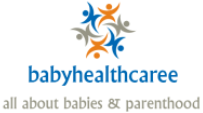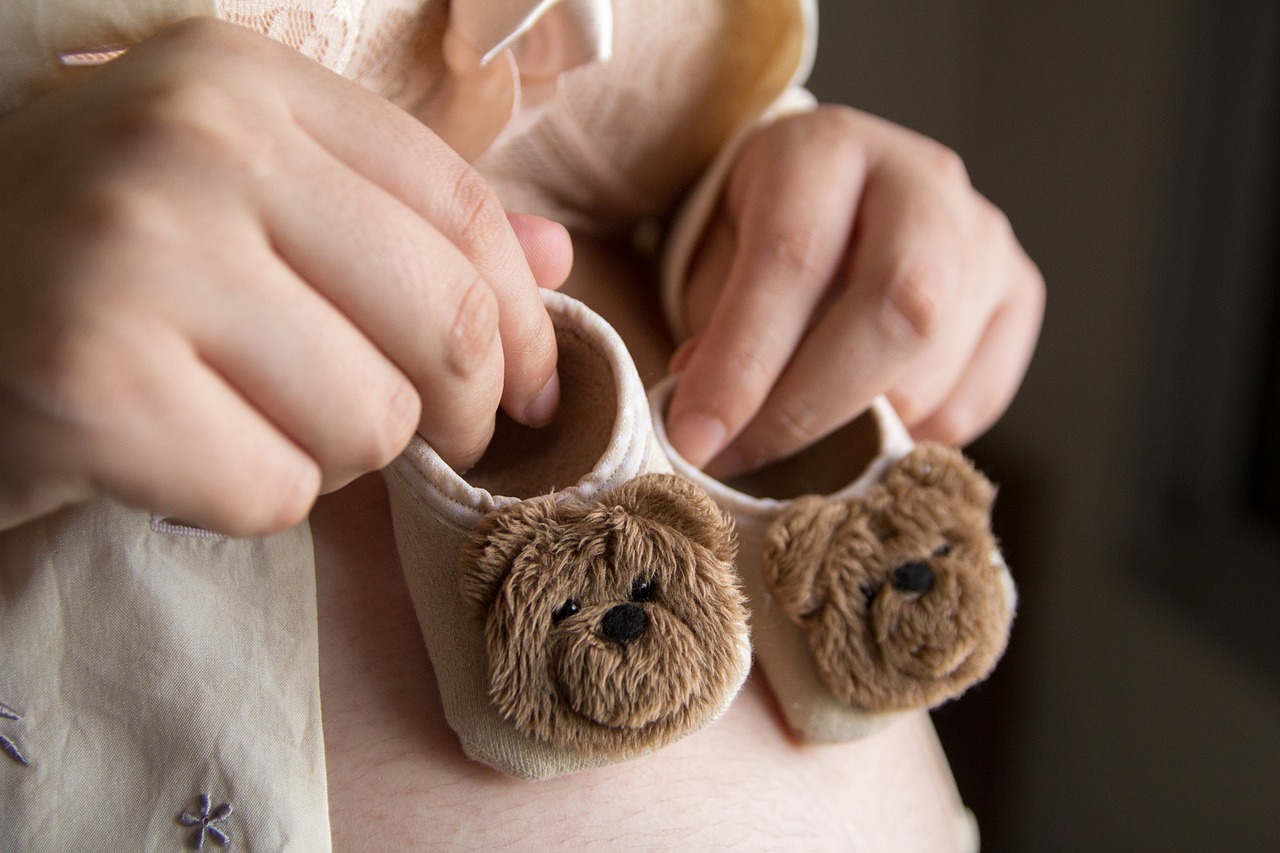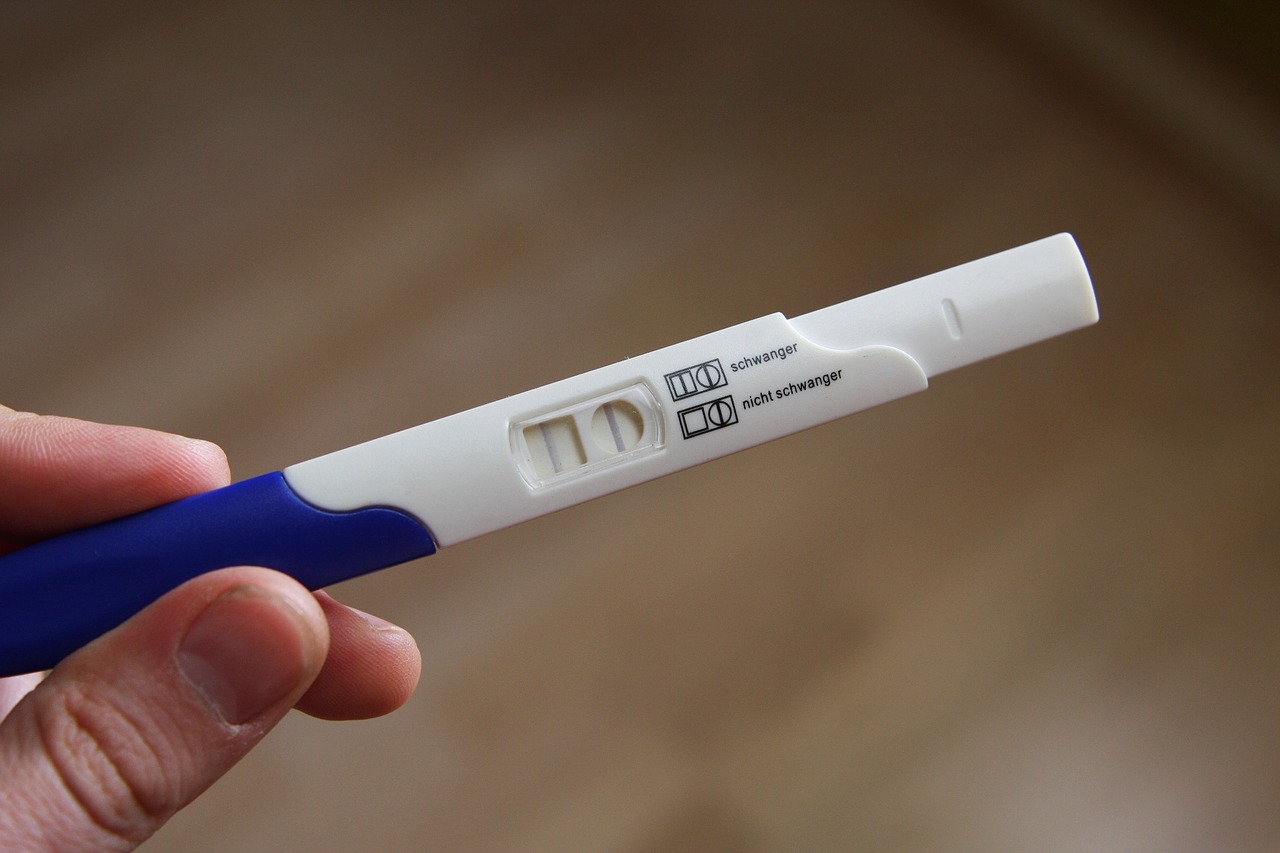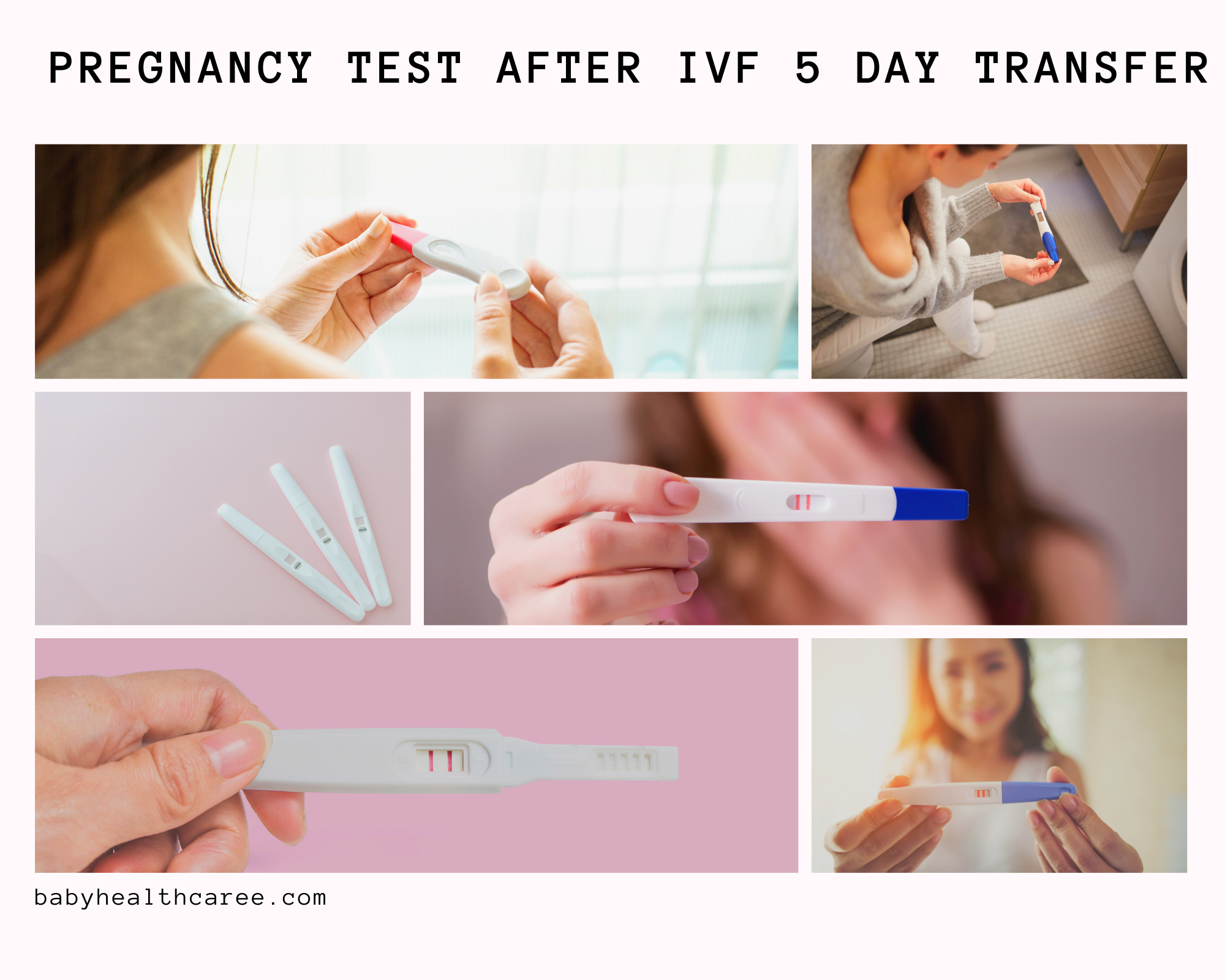Cheers! Finally, you are becoming a mother now, and within a few months, you will have a baby in arms. Please wait, do you know all the precautions about your pregnancy that should be followed. It seems this is your first time and you don’t know anything about this pregnancy well, don’t worry. In “Prenatal care is not necessary until the first trimester has ended” topic, we have tried to windup all essential info about you.
Pregnancy and first trimester:
The gestational age of the embryo is measured from when the sperm and egg unite. Once they unite, then pregnancy starts. With the previous normal period’s cycle, the beginning of the fetus’s development twitches within two initial weeks. The entire pregnancy needs 40 weeks in total. Further, it is divided into three different stages; first trimester, second trimester, and third trimester.
In the first trimester, you don’t even look like a pregnant woman. It is all because of the slow growth of your little baby which is only a piece of meat. With some time in the second trimester, the woman gets noteworthy body changes.
In the initial weeks of pregnancy, you get a lot of health conceptions; like a prominent change in hormone level. The uterus starts to support the growing placenta and fetus. The blood circulation works hard and carries a lot of oxygen; whether you need a lot of nutrients for the proper development of a baby. Additionally the heart rate increases than normal days.
According to the doctors, all the above changes happen in the first pregnancy trimester that may cause some symptoms. Morning sickness, exhaustion, constipation, and headache are common conditions of early pregnancy.
Prenatal care is not necessary until the first trimester has ended:
The first trimester is the most perilous week of pregnancy. Certainly, every health process needs great starting including pregnancy. The first trimester of pregnancy contains most sensitive weeks; in which a baby gets complete development. At the end of the third month, a fetus converted into the human body shape.
The first trimester is the most critical time for an embryo or fetus. Later the entire organs will develop by the end of this trimester; though it will be a crucial time. By showing any type of negligence you may face severe health danger or even miscarriage.
If you have heard that “prenatal care is not necessary until the first trimester has ended” then I must say this one is the most foolish person on the earth. Parental care is the most essential criterion of entire pregnancy (all three trimesters,) you cannot exemplify any carelessness.
Parental care during pregnancy:

The first action of parental care should be the pregnancy test that you do at your home. It will confirm that are you really pregnant or just missed your periods by another cause. 90% pregnancy strip tests give accurate results whether the 10% indicates for the BETA HCG blood test.
The first trimester is the most critical time for an embryo or fetus. At the initial stage of pregnancy consuming a sufficient amount of folic acid is very important with a healthy diet. This way the risk of neural tube defects possibly decreases.
Further smoking, drinking alcohol and drug-taking habits are also crucial for the whole pregnancy (especially in the first trimester.) These may easily link you to some serious pregnancy complications and even baby defects.
Within 6 to 8 weeks consulting to a doctor is a must; in the first appointment try to get all ideas about the precautions for the next few months. In the next appointment, your doctor will scan your belly with a Doppler machine.
In this scan, he/she will confirm your entire baby’s health. Often doctors order blood work panels in order to check the nutritional level and the immunity of mothers. This panel will also indicate your baby’s health and confirms the viability.
Food in parental care:
Taking parental vitamins can decrease the risk of miscarriage in the first trimester of pregnancy. Also, avoid harmful substances to take because your body is also working hard internally. A fewer gynecologist supports caffeine (optional.) shellfish and deli meat are prohibited during the entire pregnancy period (especially in the first trimester).
These are some dietary changes that can make healthy both baby and mother. Even by these food precautions, you decrease the risk of mischarging. Someway if a mother wants to have something change by this food then her doctor can clarify more!
Tip:
Obviously, your first trimester is a great time for your pregnancy planning. You can get a lot of parenting classes in it like childbirth, breastfeeding also can join lots of online parenting communities.
Your first visit:
I can understand it is your first time and you are quite nervous about the first visit. Often mothers would like to prefer midwives in the starting; whether some choose doctors to consult. Anyways it is all as per on you and your partner’s decision.
In your first visit definitely, you will be asked for a few essential questions including;
- Your overall health
- Any health problems you have
- Past pregnancies
- Medicines, herbs, or vitamins you take
- Whether or not you exercise
- Whether you smoke or drink alcohol
- Whether you or your partner have genetic disorders or health problems that run in your family
In the entire pregnancy period, you will have to attend a few other visits and each visit will quite different from the previous one. In these visits, you may discuss your birth plan to your doctor/midwife. For me, my first was full of excitement because I was having a lot of silly questions in my mind that I asked.
In your first visit, there are few important of questions that you can discuss with you opponent such as;
- What should I eat and which food is healthy for me?
- What type of exercise should I follow?
- Should I change my lifestyle in pregnancy?
- How can I manage my morning sickness?
- How to treat vaginal spots/bleeding in the early days?
- What healthy precautions are essential to follow?




